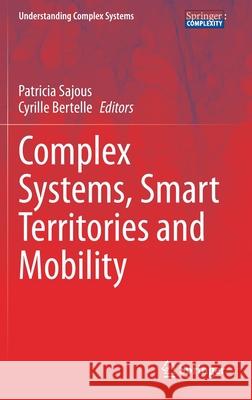Complex Systems, Smart Territories and Mobility » książka
topmenu
Complex Systems, Smart Territories and Mobility
ISBN-13: 9783030593018 / Angielski / Twarda / 2021 / 256 str.
Complex Systems, Smart Territories and Mobility
ISBN-13: 9783030593018 / Angielski / Twarda / 2021 / 256 str.
cena 667,55 zł
(netto: 635,76 VAT: 5%)
Najniższa cena z 30 dni: 655,41 zł
(netto: 635,76 VAT: 5%)
Najniższa cena z 30 dni: 655,41 zł
Termin realizacji zamówienia:
ok. 20 dni roboczych.
ok. 20 dni roboczych.
Darmowa dostawa!
Kategorie:
Kategorie BISAC:
Wydawca:
Springer
Seria wydawnicza:
Język:
Angielski
ISBN-13:
9783030593018
Rok wydania:
2021
Wydanie:
2021
Numer serii:
000307910
Ilość stron:
256
Waga:
0.55 kg
Wymiary:
23.39 x 15.6 x 1.6
Oprawa:
Twarda
Wolumenów:
01
Dodatkowe informacje:
Wydanie ilustrowane











